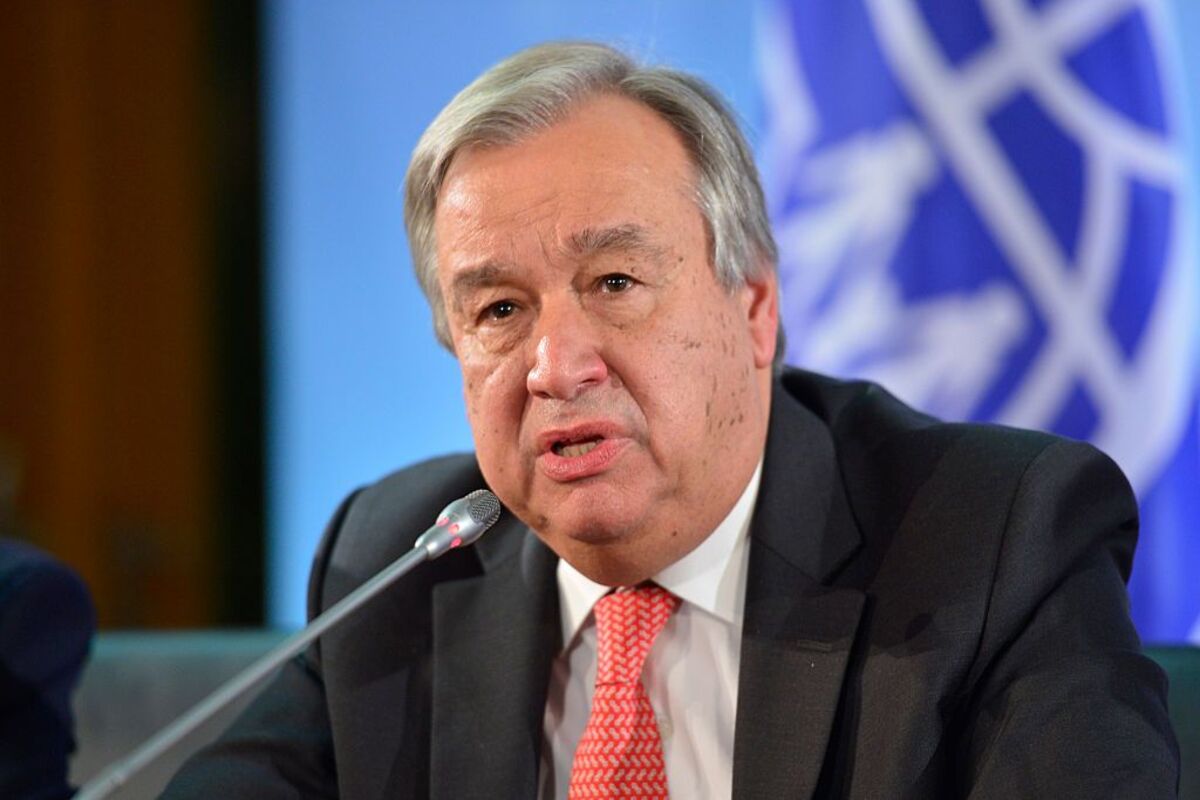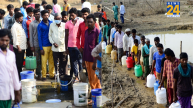New Delhi: The United Nations (UN) Secretary-General, Antonio Guterres, said on Friday that floods had inflicted an estimated USD 30 billion in economic damages in Pakistan, which is experiencing its worst floods in 30 years.
Over 33 million people were affected by the huge floods that drowned one-third of the country, and Guterres, who is in Pakistan for a two-day solidarity visit, pleaded for assistance from the world community.
The Secretary-General, who was present at the National Flood Response Coordination Centre (NFRCC) with Prime Minister Shehbaz Sharif, stated that Pakistan requires enormous financial assistance to deal to this disaster as initial estimates place the losses at over USD 30 billion.
In addition, Guterres noted that the amount of losses and victims was shocking and stressed that there had never been anything such to what had occurred in Pakistan due to the effects of climate change.
The figures are horrifying. Beyond the figures, though, I see the families who have lost loved ones, homes, farms, and jobs, as well as the way they are struggling to make ends meet, he added, adding that effective solidarity and justice might be demonstrated by mobilising significant support for Pakistan.
Since early June, the devastation brought on by unheard of rain and flooding has claimed approximately 1,350 lives.
According to The News International, the predicted losses by the UN chief were greater than the USD 17–18 billion rapid assessment cost on projected economic losses as computed by the government and supported by the provinces.
Due to the destruction of agricultural crops on 8.25 million acres as opposed to the earlier estimate of 4.2 million acres, it was stated that the losses have further escalated.
According to the study, wheat sowing could encounter substantial difficulties if de-watering is not carried out properly. Cotton, rice, and other minor crops have also suffered significant losses.
Most of the country’s cotton crop has vanished, and now wheat planting is in jeopardy.
The UN and the government of Pakistan together made a request for USD 160 million in emergency financing to assist those affected by the floods on August 31.
A summary for raising the minimum support price of wheat for the upcoming harvest has been tasked to the Ministry of National Food Security.
The officials met with international donors and gave them assurances that Pakistan would set up an efficient monitoring and assessment mechanism to use every dollar to transparently reduce flood losses.
Islamabad and the UN secretary-general will split the cost of the fast evaluation, which is scheduled to take place on Friday and last three days. According to government sources, The News was informed on Thursday that the World Bank is overseeing the independent studies on damage and need assessment being conducted by the international donors.
The Public Sector Development Programme (PSDP) is being reduced by 250 to 300 billion rupees by the Ministry of Planning, from 800 billion to 500 or 550 billion rupees for the current fiscal year. The flood-affected areas will receive these resources instead.
When asked about the most recent rapid assessment cost, Minister of State for Finance Aisha Ghaus Pasha declined to provide specific information and stated that attempts were being made to finalise the cost by providing a deadline.
The government had first estimated the cost of economic losses under the fast assessment exercise to be in the range of USD 10 to USD 12.5 billion, but the updated estimates revealed that the total cost of economic losses had increased to USD 17 to USD 18 billion.
Given that the government had anticipated a GDP growth rate of 5% for the current fiscal year, the per capita income is predicted to decline as a result of the slower GDP growth.
The IMF had recently predicted that the GDP growth for the current fiscal year would be around 3.5%.
The industrial sector also showed signs of slowing down after being hit by the floods, thus the GDP growth may be less than 2%, according to the publication.













